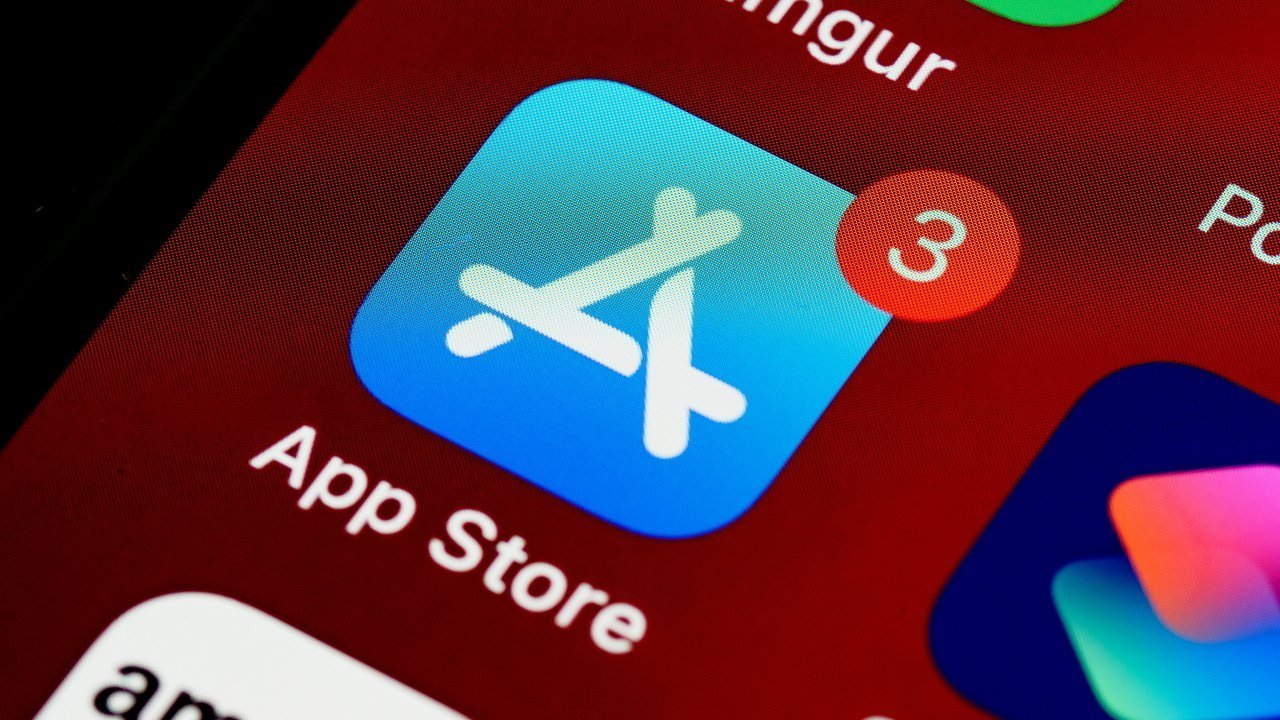Apple just time in the Netherlands, but Europe can soon force more changes in the app on applications awaiting other regulations.
Apple seems to be not yet to face a new punishment in the Netherlands. The country’s antimonopoly regulator has been following the next step, while the European Commission continues to interview Apple about similar application trade principles.
According to the report from ReutersThe Dutch power for consumers and markets said on Friday that it postponed the decision on how to proceed. Apple has recently changed some of its App Store rules and said it would make further modifications at the end of this year.
The regulator wants to wait and find out how it processes its ongoing discussions before taking further steps.
Apple App Store rules under pressure
In June, the Dutch court supported the former regulator’s decision that Apple was abusing its power on the market. The court agreed that Apple had treated developers with dating unjustly by limiting how they could process payments.
This decision came to and forth after years, including $ 58 million in fines issued in 2022 for non -compliance with the original Order of Apple.
Apple eventually enabled alternative payments in the Dutch app store, but developers had to present a separate version of their application and still pay commission. The regulators did not consider it a meaningful concession.
Now the European Commission has captured a broader opinion. Interviews in Brussels stem from the Act on Digital Markets, a law that entered into force in 2023 and is designed to prevent dominant technology companies from storing unfair conditions.
According to the law, Apple is classified as a “porter” that requires to open key services such as the App Store.
EU -level enluement could transform the Apple model
Apple’s recent modifications reflect assembly pressure. Postbilly offers a lower commission of approximately 20% for developers by the US payment system in the application, while small developers pay 13% closer.

Apple eventually allowed alternative payments in the Dutch app store
Depending on the transaction, developers who direct users could face additional fees to 5% to 15% depending on the transaction.
This is a remarkable shift from Apple’s traditional 30% section and suggests that society is trying to avoid daily fines up to $ 54 million according to the EU law. The Alray Commission fined Apple $ 540 million in a separate non -essential box.
For Developers of Applications Dating Result, which significantly affects their business models. According to the previous Apple solution in the Netherlands, cost savings were marginal.
If the EU receives a new fee structure, developers across Europe – not only in the Netherlands – could gain greater clarity and better conditions.
Why do the Dutch are waiting
ACM decision to announce the signaling of a wider shift towards a coordinated entertainment. The Dutch regulatory body will not let the EU stand the standard rather than monitoring the national drug that could later contradict European rules.
This could lead to simpler, more politicians for developers and less legal battles for Apple. There is also a legal incentive to wait.
If Apple admits the EU Thetricster conditions, it is less likely that appeals will take place in the Dutch case. And if the EU finds that Apple violates the provisions of anti -life, the Dutch regulator would be in a strong position to require permanent changes.
A break does not mean that ACM is retreating. It just means that the final book Apple in Europe probably comes from Brussels, not Amsterdam.
What developers should watch
Apple didn’t say exactly when her new rules would be reflected. The European Commission is expected to be final decisions in the coming weeks. If the new conditions meet the regulators, Apple may be able to further order.
For now, developers are in the pattern of possession. Outcoma, however, could redefine the economy of trade in applications across Europe. If the final structure brings actual savings, the main dating applications can finally make a dive and move payments outside the Apple system.
If not, most are likely to stay where they are. Either way, the next step belongs to the EU.

